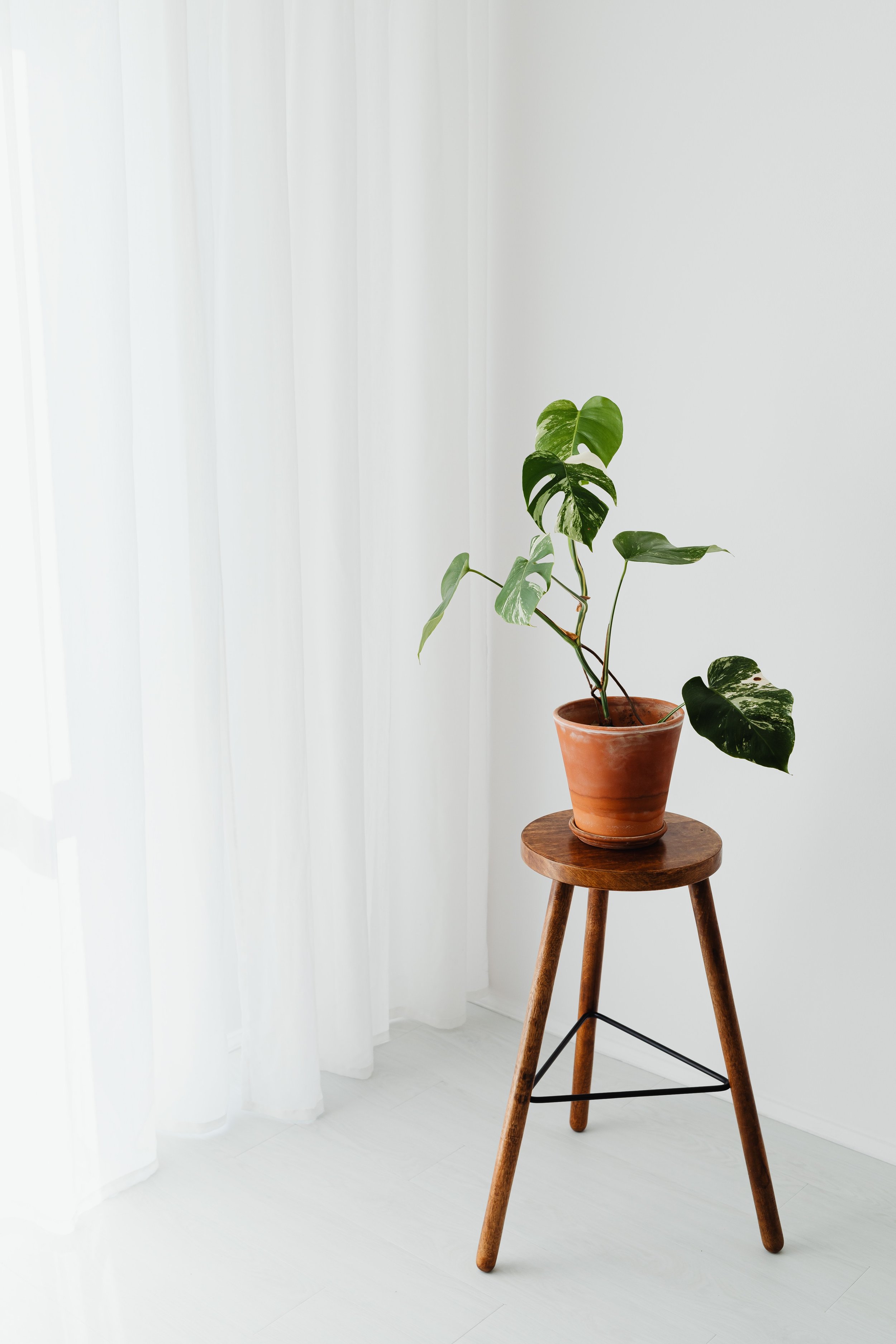The Healing Seat
I imagine our mental health and thriving as a three-legged stool. Over many years I used this image with patients to clarify the essential elements of our well-being. In some sense I see it as being similar to the “one seat” spoken of in Buddhism. The idea of choosing a path and sticking with it to see what arises and what progress can be made - that the commitment to the practice matters more than precisely what the practice is.
For all of us, living in human bodies with human minds, mental health is very difficult to attain without a consistent commitment to care for ourselves in the mundane ways. However, the power of our habits of self-care is so dramatic that these habits comprise the three legs of the stool - food, sleep and movement. If any one of these is missing, our mental health (and physical too) gets very unstable very quickly. Even shortening one of the legs, giving our diet the short shrift or skimping on sleep, has a dramatic impact on our overall well-being.
Food has long been recognized as central to health, with the quote attributed to Hippocrates, “Let food be thy medicine and medicine be thy food.” Yet as more research emerges on the profound impacts of diet on both physical and mental health we are compelled to the realization that food, if not our medicine, is certainly causal to many of the chronic diseases that plague Americans. Our understanding of food has become increasingly complicated by monied interests pandering fad diets, but I believe we can allow it to be simple. I recommend two staples of understanding. First Michael Pollan’s admonition, "Eat food. Not too much. Mostly plants." And second, to avoid dietary sugars and processed carbohydrates to the greatest extent possible. To most people, eating in this way feels better to most people and supports mental health.
Movement is the second leg of the stool. Exercise has such compelling impacts on mental health - at any level there is a clear reduction in the risk of depression among those who exercise regularly. The most beautiful aspect of this is that it doesn’t matter what you do - walk, dance, swim, enthusiastically dig a ditch - all of it will help. I note that exercise is proven to reduce the risk of depression - findings on exercise as a treatment for depression are mixed. The legs of the stool are the foundation upon which our mental health is built and maintained, and going without regular exercise is a notable risk to one’s mental health.
Sleep is the final leg of the stool. Sleeping less than 6h per night is associated with significantly greater chances of dying, as well as diabetes mellitus, hypertension, cardiovascular diseases, coronary heart diseases, and obesity. Among those with depression, treating sleep has a significant impact on mood even in the absence of other interventions. Exercise and sleep are fundamentally interconnected, with increases in exercise correlating with higher quality sleep.
For some, the top of the stool needs to include medication. I feel very clear that this is a necessity for many people, but that there are also many people whose need for medication decreases as their sleep quality, exercise and diet improve. Without sleep, exercise and diet underpinning health and well-being, it is often difficult for medications to dramatically improve health and well-being. As a psychiatrist my role is to support you in identifying the blocks preventing adoption of healthy behaviors and access to your healthiest self to support not just surviving, but thriving. Little changes matter and transformations happen every day. Take the one seat and commit from the heart to your own radiant health.
